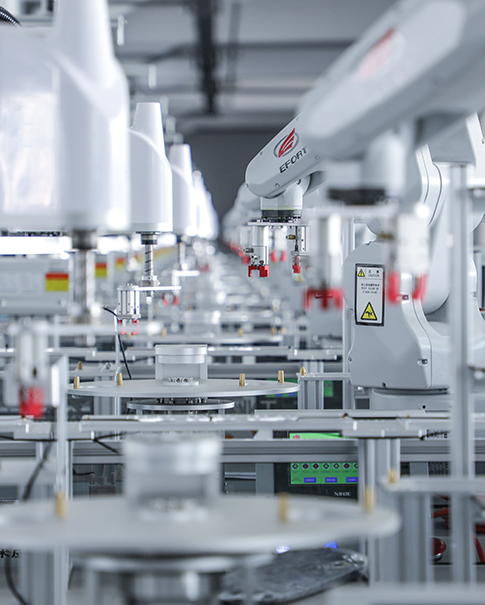The Growing Importance of AI in Supply Chain Operations
AI-Powered Demand Forecasting and Inventory Optimization
Intelligent Automation for Operational Excellence
Enhancing Resilience Through Real-Time AI Insights
In a world where supply chain disruptions are inevitable, resilience is vital. AI enables supply chains to anticipate and adapt to changes in real time, providing businesses with the tools to act proactively. By analyzing data across the supply chain, AI can identify potential disruptions, such as transportation delays or supplier shortages, before they escalate. With AI-powered real-time tracking, businesses gain end-to-end visibility, allowing them to maintain operational continuity and enhance employee safety by mitigating risks.
Adapting to Market Changes with AI-Driven Agility
The Future of AI in Supply Chain Management
Conclusion
Email us
Reply within one working dayVisit us
32D Guomao Building, No.388, Hubin South Road, Siming DistrictDisclaimer : Salesplc sells new and surplus products and develops channels for purchasing such products. This website has not been approved or recognized by any of the listed manufacturers or trademarks. Salesplc is not an authorized distributor, dealer, or representative of the products displayed on this website. All product names, trademarks, brands, and logos used on this website are the property of their respective owners. The description, explanation, or sale of products with these names, trademarks, brands, and logos is for identification purposes only and is not intended to indicate any association with or authorization from any rights holder.
Copyright @2024 SalesPlc Limited. Sitemap
/ Blog
/ XML
/ Terms And Conditions
/ Privacy Policy
 Network Supported
Network Supported
